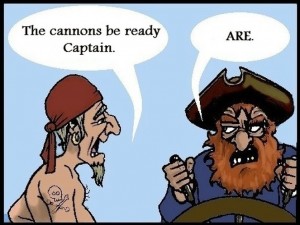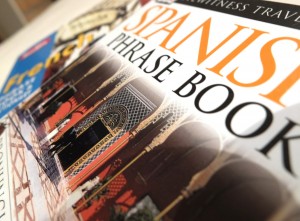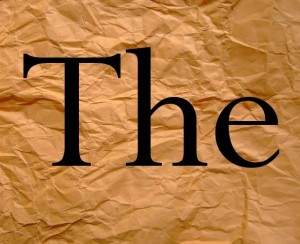 “Never ruin an apology with an excuse”
“Never ruin an apology with an excuse”
Benjamin Franklin
I have been corrected regarding a lexical matter by a much valued Canadian reader who is also a very dear friend of ours and – in particular – of the Kickass Canada Girl.
Our correspondent correctly points out my repeated – nay, habitual – misuse in these posts of the word ‘peninsular‘ for ‘peninsula‘.
She is – of course – absolutely right!
The Oxford English Dictionary gives us this:
“The spelling of the noun as peninsular instead of peninsula is a common mistake. The spelling peninsula should be used when a noun is intended ( the end of the Cape Peninsula), whereas peninsular is the spelling of the adjective ( the peninsular part of Malaysia).”
Since my usage of the term is normally as an abbreviation for ‘the Saanich Peninsula‘ the spelling should clearly be that for a noun. The fact that the OED offers in mitigation that this be a ‘common‘ mistake is absolutely no comfort whatsoever. In a blog which prides itself on its enthusiasm for language (if not for its learning) there can be no excuse for such sloppiness.
I am only mildly surprised that my error had not already been pointed out to me by someone from my educational background, given what sticklers they are for accuracy. When I started at my penultimate school I had – as an early task – to write a five year IT plan for the governors (known there as the Fellows) in justification for the really quite considerable sums of money that we were proposing to spend on infrastructure. After a couple of weeks hard work I presented for comments to my boss – the Director of Studies – what had by then grown into quite a volume. He ignored the content entirely but corrected a couple of instances of contentious punctuation. ‘The Fellows‘ – he observed – ‘would notice such things‘.
With regard to my Canadian orthographist I did wonder whether I should argue the toss on the matter, noting such oddities as the legend that I spotted on the back of a local youth’s sports’ apparel which read “Peninsula Soccer” (is that not strictly an adjective, mayhap?) before deciding that such a course of action would simply be somewhat graceless and instead offering my humble apologies, congratulating my tutor on her perspicacity and promising not to do it again.
My brother – incidentally – who is currently designing us a new kitchen (a task only marginally complicated by his being resident in the UK) has replicated in his scheme a feature of the current kitchen… a peninsula!
He won’t thank me for pointing this out, but guess how he spells it…









Recent Comments